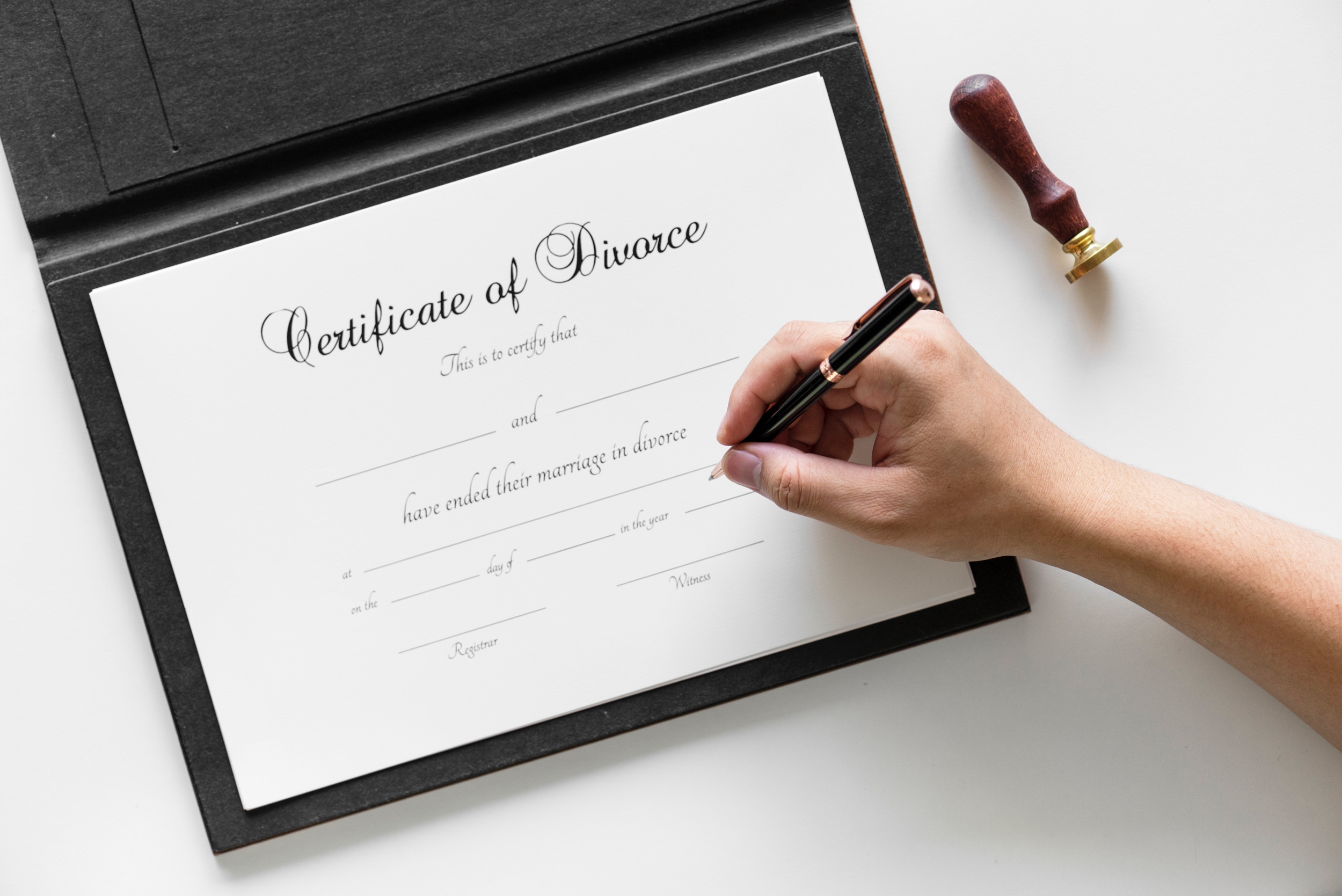Time does not stop for anyone, and life can often bring about unexpected circumstances that no one can ever be fully ready for. No one wants to think about the end of the line, but a little extra work now can help you care for your family even after you’re gone. It can be easy to assume that someone as young as 18 does not need a will. The spontaneity of life can prove this invalid, and also young people have many things that are worth money and could be lost in the shuffle.
Every person over the age of 18 should go about the process of getting a will just in case. When the time comes you will want everything to be in order to take the stress off of those already grieving. Look through this list of reasons and see if any apply to you or a young person you know, one is sure to.
1. Young People Have Valuable Possessions
Just because a person is barely considered an adult does not mean that they do not have any valuable possessions to be given away. You wouldn’t want someone laying claim to something of yours just to sell it, it should go to the right person.
The amount of money that is spent on children and teenagers over the years has increased with the growing amount of toys and technology that are accessible. Some young adults have accumulated a great amount of worth in video games, movies, or even dividends they’ve invested in on the internet.
2. Children
Since it is already unexpected when a young person passes away, any children involved can be left orphaned. Children need to have guardians predetermined and a will is a correct and legal approach. Choose someone who you know will take the best care of your children, someone who would be happy to, not someone who would just be stuck with them.
There may also be something you would want to leave to them in particular. Something that is special between the two of you, or even an heirloom that was given to you.
3. Leave Less Stress
A loved one experiencing a loss may not be able to think clearly enough to deal with all of your affairs. It is never easy to go through a loved one’s things. Others may not know your exact feelings on certain things or people and something important to you could be left out.
When someone passes without requests it is common for rifts to form within a family over what should be done. With your direction in hand, there is no argument to be had.
Creating a will in many ways transfers the responsibility to a legal entity. This can be helpful for the family member, as they will not be required to go over every detail of the same. You do not know what is going to happen the next moment. If you wish to more on summary probate, please click on the link.
4. People Receive Exactly What You Decided
There are certain things that some may argue over who they belong to or even those who take things because they are unrightfully in possession of them. When writing a will, if the worse occurs, all of the important valuables in your life can be left to the specific person you want it to.
Sentimental items can be of huge importance to some so it is vital to designate the right things to those you feel would honor them properly.
5. Digital Assets
Technology is an integral part of life, especially those of young adults. The option of having digital assets is less thought of when developing a will, but it is now becoming necessary,
This includes video games or online money wallets. Without your will these things can be lost forever, locked behind a password only you knew.
6. Separate Beliefs Than Parents
If you want a specific arrangement dealing with your funeral or burial, it can be vital to state it, otherwise those responsible may not know. For instance, if donating your body to science is something you’d prefer, it is not something that will likely be imposed if it was not specifically stated. Religious beliefs can also come into play for certain burial procedures such as cremation or donating organs.
7. Sentimental Value
Leaving possessions to the proper people can be helpful for sentimental belongings that would be monumental if left to a particular loved one. Sometimes a dear gift left from a close friend can mean a lot and help them bear with the situation as well.
Much of dealing with loss is carrying pieces of the person with you. This can actually be done. You would want sentimental items like photographs and such to be thrown away. It may look like trash to whoever is cleaning the space, but it might be special to someone dealing with the loss of you.
8. Protect Inheritances
If you have been left an inheritance, even if you are as young as 18 if you unexpectedly perish there is no clear answer of who will receive the inheritance if you are unmarried. The same goes for deciding the beneficiary of life insurance. It may fall to someone who has never even been involved in their life like an absent father, or estranged family when it should go to a child or other significant person.
9. You Can Always Change Your Mind
Wills are official documents that can be altered at any point in a person’s life. With authorized assistance, you can always update it for others that may come into or leave your life. Updating will be important when it comes to new assets as well. This can be done easily with professional assistance and a company like Verhaeghe Law Office can show detailed explanations of a will and its uses.
10. Always Be Prepared
Long life is promised to no one. Writing a will can be challenging and bringing yourself to do it can be depressing. But preparing your estate is an important responsibility that can help those close to you through the mourning process.
Everyone Needs A Will
There are many methods of writing a will, and only knowing them will make you will successfully convey your final wants. You can include letters with important aspects of your will that explain what makes the inheritance and the person special to you. Research examples of wills so you can find the correct format. It may also help you consider the exact types of possession you need for the layout. Consider all these things and be satisfied with knowing, no matter your age, that a will is necessary.
Read Also:






















